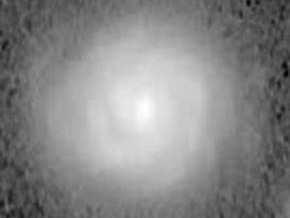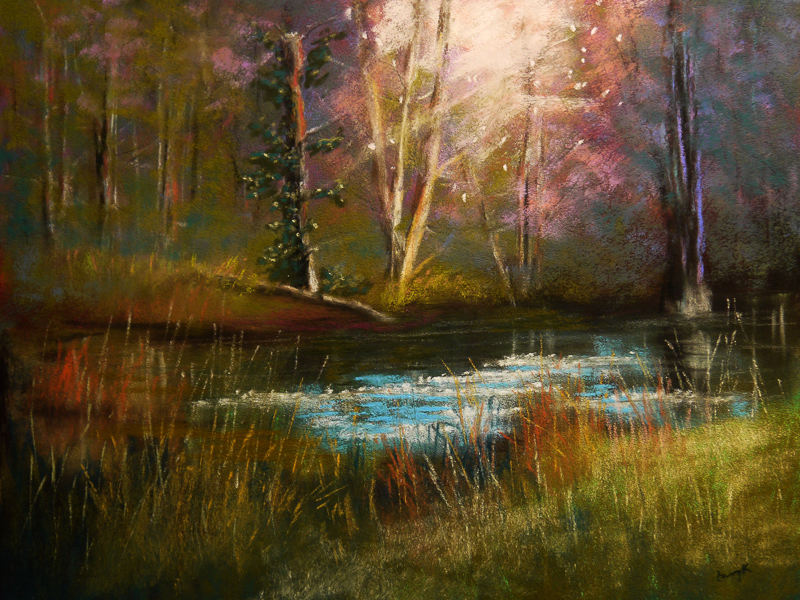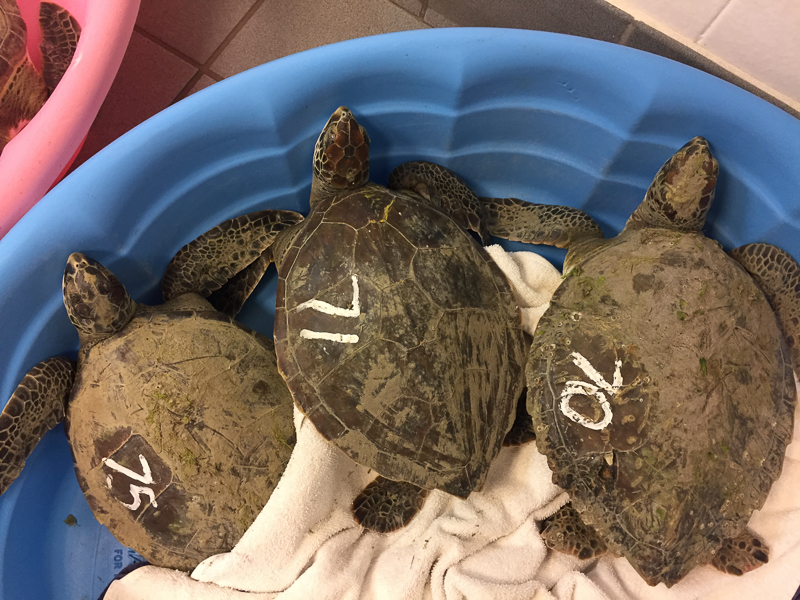
What can you do with Spiral Graph? Help us understand how galaxies evolve.
March 13, 2020
Spiral structure is seen in a variety of natural objects, ranging from plants and animals to tropical cyclones and galaxies. Now researchers at the North Carolina Museum of Natural Sciences have developed a technique to accurately measure the winding arms of spiral galaxies that is so easy, virtually anyone can participate. This new and simple… Read More >
Keeping Cats Indoors Could Blunt Adverse Effects to Wildlife
March 11, 2020
Birds alighting on driveways and baby bunnies munching on lawn grass should keep something in mind: Beware the house cat. A new study shows that hunting by house cats can have big effects on local animal populations because they kill more prey, in a given area, than similar-sized wild predators. This effect is mostly concentrated… Read More >

‘Short Stories Mother Nature Told Me’ on display at Museum’s Nature Art Gallery in March
February 26, 2020
(RALEIGH, N.C.) — The North Carolina Museum of Natural Sciences’ Nature Art Gallery presents “Short Stories Mother Nature Told Me,” tiny paintings by Wake Forest artist Tammy Kaufman. The show runs March 6-29, with a Gallery reception Saturday, March 7, 2–4 p.m. All exhibited art is for sale. “I’m an artist, a mountain biker, a… Read More >

N.C. Museum, Aquarium Partner to Treat Cold-Stunned Sea Turtles
January 30, 2020
Download a high-resolution version of this image. Video of museum staff treating cold-stunned sea turtles: https://youtu.be/UVwGhTS5c9o. Please credit: Courtesy of N.C. Dept. of Natural and Cultural Resources. Raleigh, N.C. – Recent weather and cold temperatures have contributed to a large number of cold-stunned sea turtles needing rescue and treatment in North Carolina. Many of the… Read More >

Football-shaped rodent heads up super Sunday – it’s Groundhog Day at the Museum
January 27, 2020
(RALEIGH, N.C.) — Don’t miss Sir Walter Wally as he makes his annual Groundhog Day appearance at the North Carolina Museum of Natural Sciences on Sunday, Feb. 2. This year, in honor of the “other event” happening later the same day, prop bets available include: The groundhog song (over/under 90 seconds). Will Wally see his… Read More >

